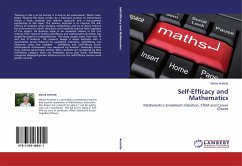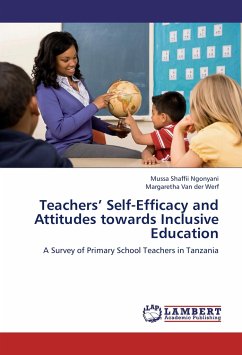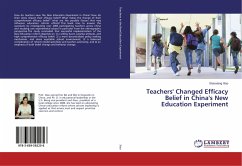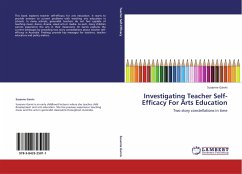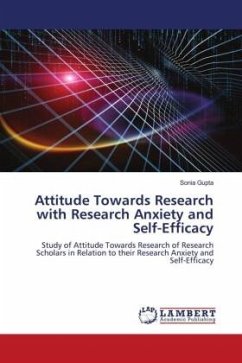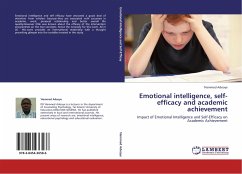"Nothing in life is to be feared, it is only to be understood." Marie Curie: Nobel Physicist This book written by a classroom teacher of mathematics brings a fresh, practical and relevant approach and a less-common perspective to the topic. The primary objective is to improve the self-efficacy of students when studying mathematics and by so doing improve the environment in which they learn and hopefully improve their cognition of the subject. All students need to be numerate citizens in the 21st century. Prior research linking self-efficacy and mathematics enrolment has largely focussed on undergraduates. This study sought input from Year 10 and Year 8 students. The research design is mixed methods with a quantitative survey followed by qualitative interviews. Self-Efficacy was measured using two variables Self-Rating and Self-Efficacy Score. Mathematical Achievement was measured by students Numeracy Scores from national government testing. When students are considered by their Self-Rating category there are similarities across year levels. Self-Rating categories displayed gender differences but the Self-Efficacy sources were gender neutral.
Bitte wählen Sie Ihr Anliegen aus.
Rechnungen
Retourenschein anfordern
Bestellstatus
Storno

